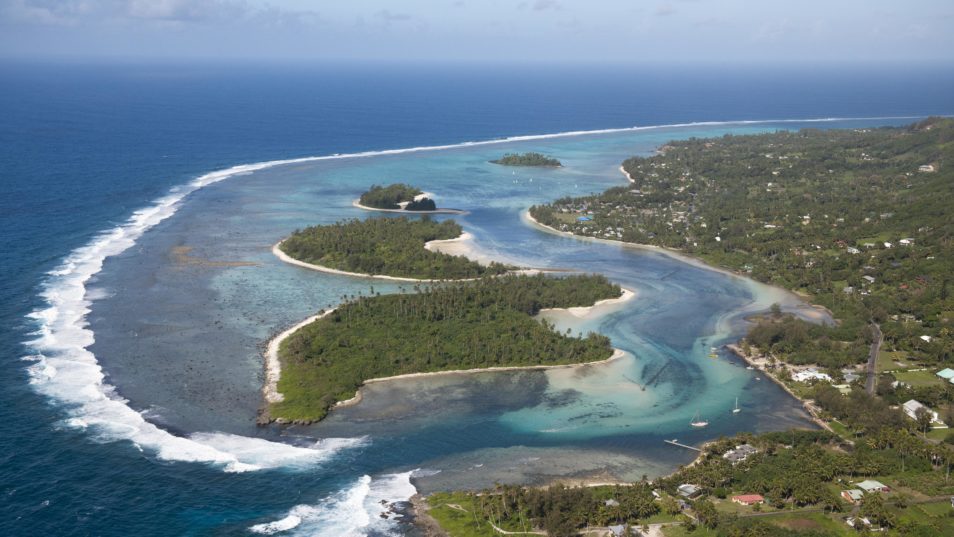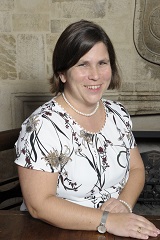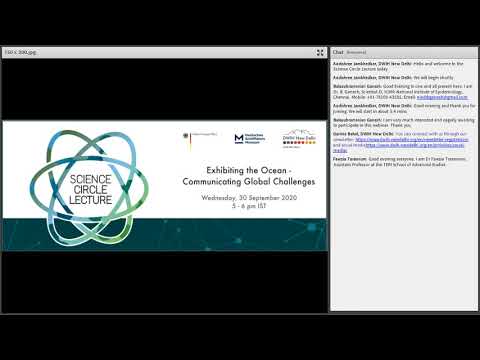Science Circle Lecture: Exhibiting the Ocean – Communicating Global Challenges
 © iStockphoto
© iStockphoto
This science circle lecture addresses how we can think about global challenges and by the means of which images and values we need to debate it. It aims at encouraging maritime museums, the science community and the public to take the evolutionary character of the oceans as an assignment for becoming a marketplace of ideas and reflections on how we can face our common future.
Exhibiting the ever-changing sea and ocean ecosystems in a static museum landscape is challenging. Maritime museums therefore tend to focus on singular artefacts, which capture specific memories instead of addressing the topics connected to the changing qualities and global aspects of the ocean such as the evolving shipping industry, tourism, growing blue economy activities and socio-cultural elements.
Any endeavor to visualize and understand global developments is embedded in a very specific tradition of epistemic images. The presentation of global issues in museum needs to take into account the manifold regional and national approaches communicated by representation techniques. It also needs very generally be aware of the ambiguity between complexity and over-simplification which characterizes debates on globalization in this day and age.
Speaker: Prof. Dr. Ruth Schilling

Ruth Schilling is a professor for the history of science at the University of Bremen. She is the scientific head of both the research as well as the exhibition program at the German Maritime Museum and conducts a wide range of research projects and groups. Her research interests lie both in the epistemic effects of museum presentation as well as in the global stories objects on the move can tell.
Video Recording of the Lecture

To play the video, click the thumbnail. Once activated data will be transmitted to the respective provider. Watch on YouTube
Event Information
September 30, 2020, 5:00 PM to 6:00 PM
Online
Organizer(s): DWIH New Delhi, Leibniz Institute for Maritime History (DSM)
